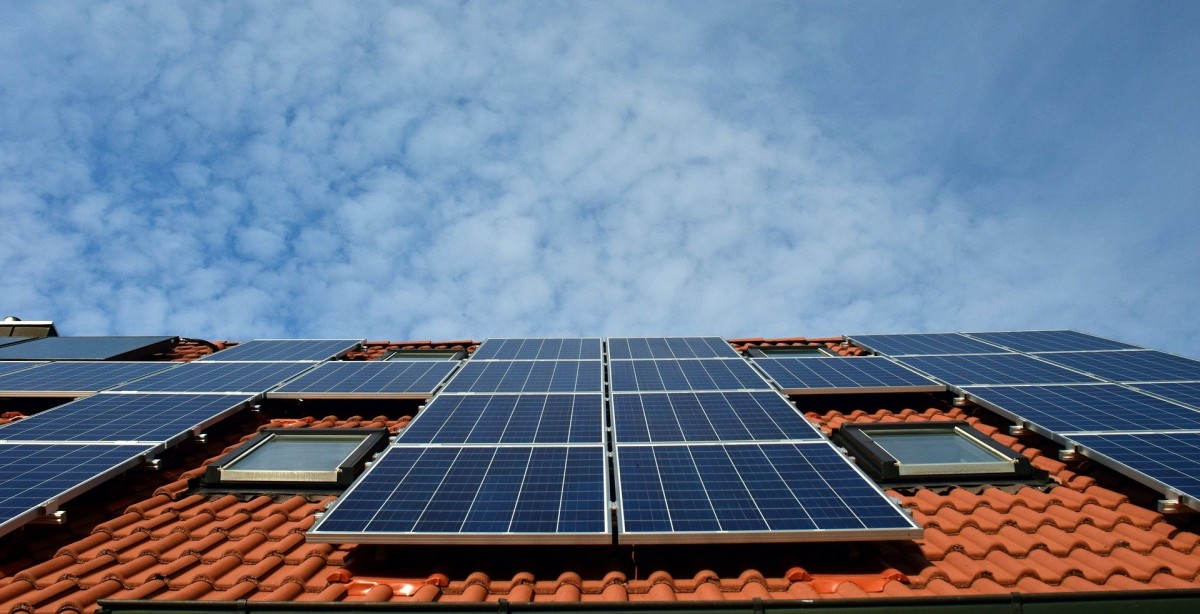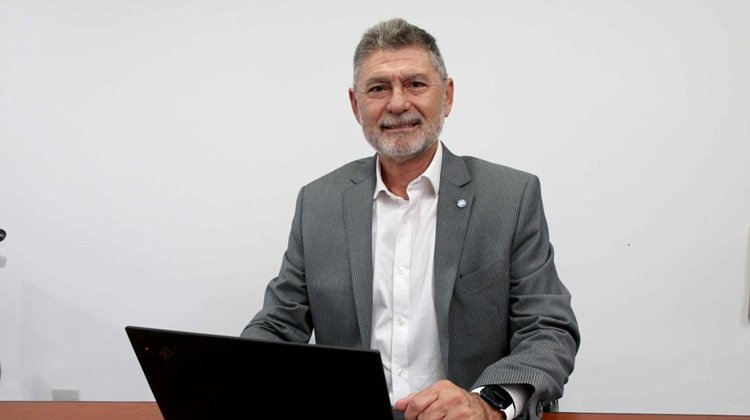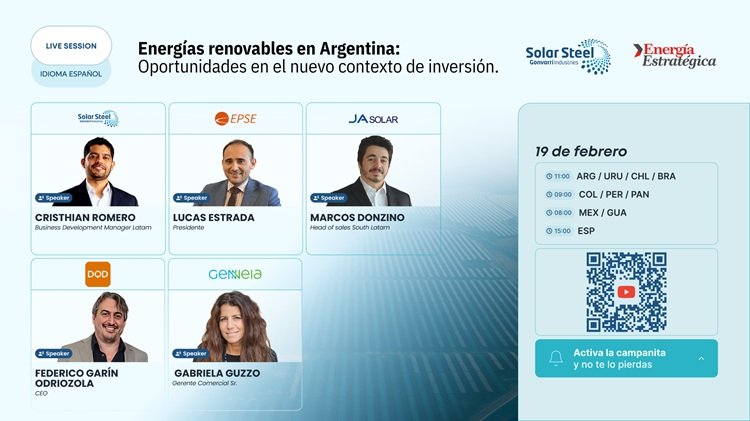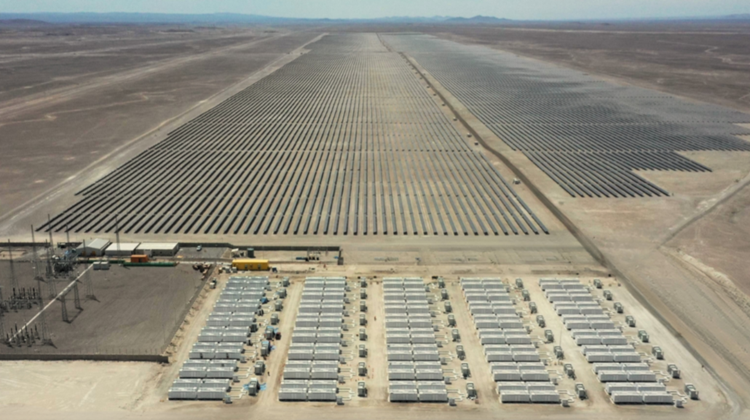Italy is accelerating its ecological transition thanks to two major initiatives launched by the Ministry of the Environment and Energy Security (MASE) . On the one hand, €597 million in incentives for the purchase of electric vehicles , and on the other, the new Conto Termico 3.0 ( Thermal Account 3.0 ), with an annual budget of €900 million for energy efficiency and renewables in buildings.
Two synergistic measures that aim to reduce emissions , improve air quality in cities and reduce energy consumption in buildings, thus contributing to the decarbonisation objectives set out in the PNRR and the European Green Deal.
Sustainable mobility: new incentives for electric cars and commercial vehicles
With the recently published implementing decree, MASE activates a new non-repayable incentive scheme to support the purchase of electric vehicles by families and microbusinesses . The initiative is aimed at individuals and businesses residing or headquartered in so-called functional urban areas —namely, cities with more than 50,000 inhabitants and their commuting zones.
The main objective is to scrap old internal combustion vehicles (up to Euro 5) and replace them with zero-emission vehicles, contributing to a significant reduction in urban pollution.
“We want to support citizens and microbusinesses in urban areas most exposed to pollution,” said Minister Gilberto Pichetto, “and make the ecological transition socially sustainable as well.”
The benefits provided:
-
Up to 11,000 euros for the purchase of an electric car (category M1), based on the ISEE;
-
Up to €20,000 for the purchase of electric commercial vehicles (categories N1 and N2) for microenterprises, up to 30% of the list price.
Thermal Account 3.0: More incentives to make buildings greener and more efficient
A few days earlier, the decree launching the new Conto Termico 3.0 (Thermal Account 3.0) was also approved , updating and strengthening the incentive system for small-scale interventions in the energy sector. With a total budget of €900 million per year (€400 million for public administrations and €500 million for private individuals), the measure aims to promote projects that increase energy efficiency and incentivize the use of renewable energy sources.
“With Conto Termico 3.0,” explains Minister Pichetto, “we are making a fundamental tool for decarbonization and energy saving simpler, more accessible, and more effective.”
The main innovations introduced by the decree:
-
Access also extended to Third Sector entities, equivalent to Public Administration;
-
New types of interventions eligible for incentives, including photovoltaic systems with storage systems and charging stations for electric vehicles, when combined with heat pumps;
-
Coverage of up to 100% of eligible expenses for schools, hospitals, and public buildings in municipalities with fewer than 15,000 inhabitants;
-
Expansion of the range : now also private non-residential buildings and tertiary sector structures are included.
Furthermore, the decree provides for the possibility of accessing incentives also through Renewable Energy Communities (CER) or collective self-consumption configurations .
The Energy Services Manager (GSE) will update the application portal within 60 days of the decree’s entry into force.
Two measures, one vision: cleaner and more sustainable cities
These two measures are part of a broader plan aimed at reducing the environmental impact of human activities in urban centers, improving quality of life, and supporting a fair ecological transition . Electric mobility and energy efficiency are two essential pillars for building a low-emissions future.
MASE thus confirms its commitment to providing concrete tools for families, businesses and local administrations, in the awareness that the ecological transition is not only an environmental challenge, but also a social and economic one .



























